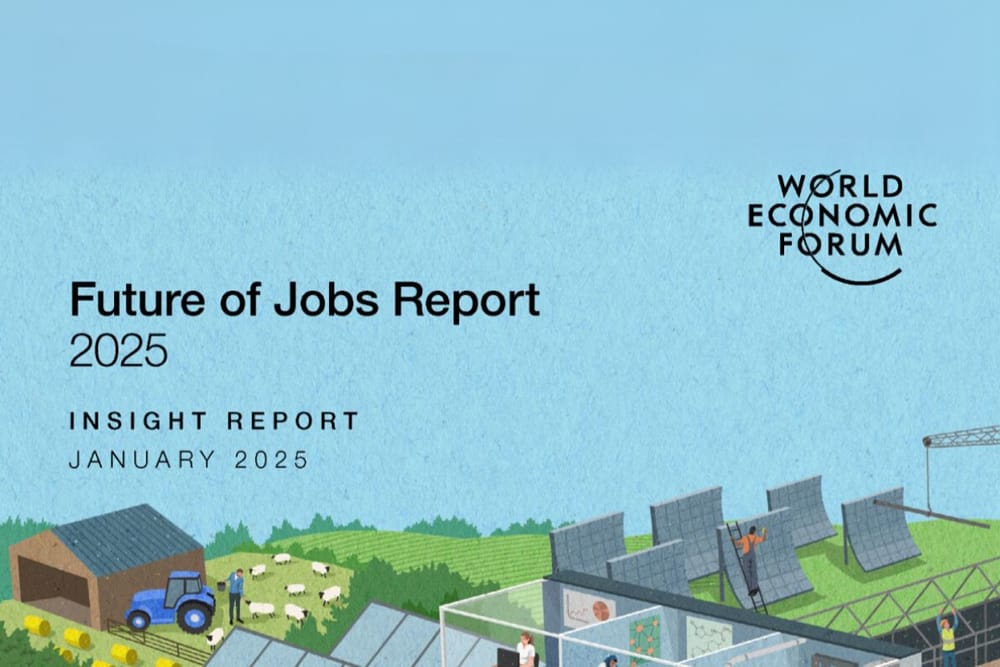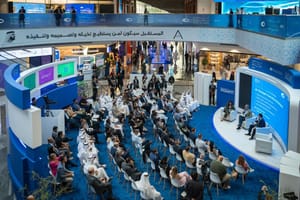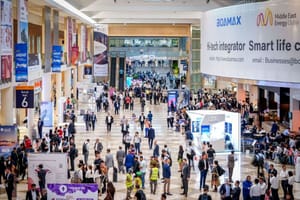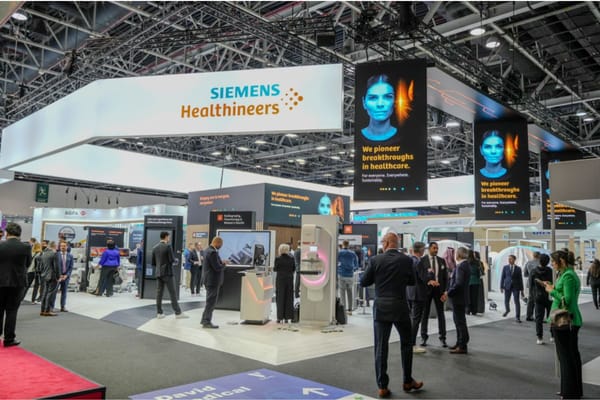The 2025 World Economic Forum (WEF) in Davos, Switzerland, held from January 20 to 24, brought together global leaders to address one of the most pressing issues of our time: the future of work.
Under the theme "Investing in People," the discussions centered on navigating the profound shifts in careers and the workforce driven by technological advancements, demographic changes, and the urgent need for sustainability.
A Transformative Decade Ahead
The Future of Jobs Report 2025 provided a stark yet hopeful outlook. By 2030, nearly 25% of current jobs will undergo significant structural changes, with 170 million new roles emerging and 92 million being displaced. This transformation, while daunting, presents an opportunity for individuals and organizations to adapt and thrive. Emerging sectors such as engineering, electric vehicle technology, and the green economy are poised for growth, while traditional roles face decline due to automation and artificial intelligence (AI).
Ivanka Trump, a prominent voice at the forum, emphasized the need for a skills-based approach to learning.
"We have to think about skills-based learning, as opposed to purely credentials... Employers care about the skills,"
she stated. This sentiment was echoed throughout the discussions, highlighting the importance of resilience, flexibility, and technological literacy in the workforce of tomorrow.
The Role of AI: Augmentation, Not Destruction
AI took center stage in many conversations, with leaders challenging the narrative of AI as a job destroyer. Instead, they framed it as a powerful tool for augmentation. Ginni Rometty, Chairman and CEO of IBM, stressed the need for new education models and pathways to retrain workers.
"You have to value skills and not just degrees. You have to have new education models and new pathways to get people retrained and back into the workforce,"
she said.
Robert E. Moritz, Global Chairman of PwC, underscored the importance of continuous learning.
"The mindset of continuous learning is really important as the number one skill set—for our teachers learning how to teach and for our students learning how to learn,"
he remarked. This focus on lifelong learning is critical as the pace of technological change accelerates.
Demographic Shifts and Global Challenges
Demographic changes emerged as another key topic. High-income countries are grappling with an aging population, driving demand for healthcare roles. In contrast, low-income nations must expand education-related professions to support their growing working-age populations. Saadia Zahidi, Managing Director of WEF, highlighted the dual challenge:
"How do we ensure that people have pathways to social mobility? One of the most important ways to do that is to ensure that people have the right education, the right skills, and the right jobs."
Diversity and Gender Equality as Economic Drivers
The forum also emphasized the importance of diversity and gender equality in driving economic success. The Gender Parity Sprint initiative aims to close the gender gap in economic participation by 2030. Studies presented at Davos revealed that diverse teams perform better both organizationally and financially.
Nobel Laureate Professor Muhammad Yunus articulated a compelling perspective on the role of women in economic development:
"If the goals of economic development include improving the general standard of living, reducing poverty, creating dignified employment opportunities, and reducing inequality, then it is natural to work through women."
His remarks underscored the necessity of addressing gender inequality to achieve comprehensive economic progress.
The Green Skills Imperative
As sustainability transitions from aspiration to necessity, the demand for "green skills" is surging. However, the current supply of talent with these skills falls short. Workforce development initiatives must urgently bridge this gap to prepare workers for roles in clean energy, conservation, and sustainable practices. For professionals in countries like Bangladesh, this represents a global opportunity to build careers in less-explored but rapidly growing domains.
A Call to Action
The discussions at Davos 2025 served as a clarion call for governments and businesses to prioritize sustainability, diversity, and reskilling. Marc Benioff, Chairman and CEO of Salesforce, issued a direct challenge to attendees:
"If you are attending this conference, you need to commit to job training. If you are attending this conference, you need to commit to reskilling."
The overarching message from Davos was clear: adapting to the future of work is not just about surviving change but seizing the opportunities it presents. Whether through reshaping education systems, fostering continuous learning, or championing inclusivity, success will require collaboration across all sectors and communities. As Benioff aptly concluded,
"Reskilling is not optional; it is essential."
News Source: International Publications Limited









